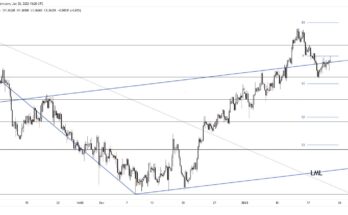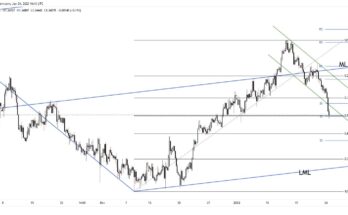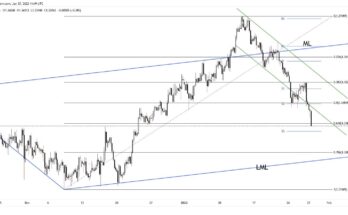In 1971, U.S. Secretary of the Treasury John Connally told a group of visiting finance ministers; “the dollar is our currency, but it’s your problemâ€.
It’s 2015, and his words remain accurate – exchange rates across the planet are plumbing multi-year lows today as interest differentials shift further in the dollar’s favour. While the Federal Reserve debates the timing of its first post-crisis rate hike, central banks elsewhere are pursuing completely divergent objectives – in the last month, Albania, Canada, Denmark, Egypt, India, Pakistan, Peru, Romania, Singapore, Switzerland, Turkey, Uzbekistan, and the Euro area have all eased monetary policy. Russia joined the parade overnight, dropping benchmark rates by 200 basis points in an attempt to stabilize growth.
After this morning’s lower-than-forecast, but generally positive fourth quarter US gross domestic product number, this trend is likely to continue. The world’s largest economy expanded by an annualized 2.6% over the period – versus forecasts around 3%, while personal consumption rose 4.3% against an expected 4%. The fact that the US consumer remains undaunted by global weakness will support Janet Yellen’s plans to tighten later this year, and is boosting the dollar against most of the majors.
While the euro and yen trade in consolidative ranges, the Aussie is down sharply, with traders betting that policymakers will cut benchmark rates when the Reserve Bank of Australia meets next week. Futures traders are now pricing in a more than 70% chance that the benchmark will be slashed. The Lucky Country is seeing its fortunes shift as falling commodity prices expose the cracks in an over-leveraged economy.
The Canadian dollar managed to stabilize a bit in overnight markets after we spread a rumor that Apple was preparing to buy the country, but the effect wore off when Statistics Canada released numbers showing that the economy shrank 0.2% month-over-month in November. Participants expecting a flat reading were disappointed when manufacturing output posted its sharpest monthly drop in at least six years, while mining, oil, and gas extraction industries continued to shrink. This result will almost certainly add to expectations of another central bank rate cut by March, and the currency is getting absolutely clobbered as we go to pixels.
It may be Friday, but it’s not time to head to the pub just yet. Currency markets are particularly vulnerable to movement today, with month-end portfolio rebalancing efforts well underway.  Reversals are quite possible as the clock ticks down, so stay frosty. And warm.
In our latest podcast, we do a Fed rundown analyze the Greek elections and discuss the suffering Aussie
Download it directly here.
Subscribe to our iTunes page



